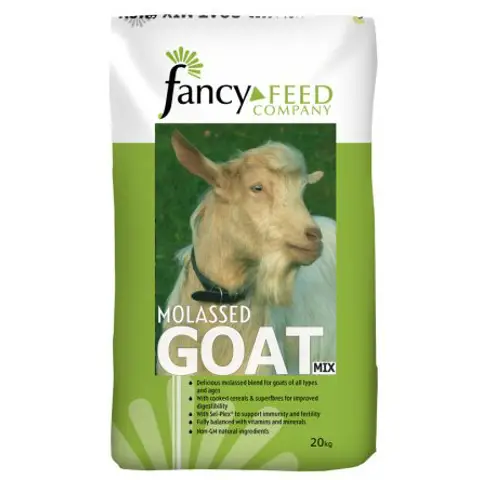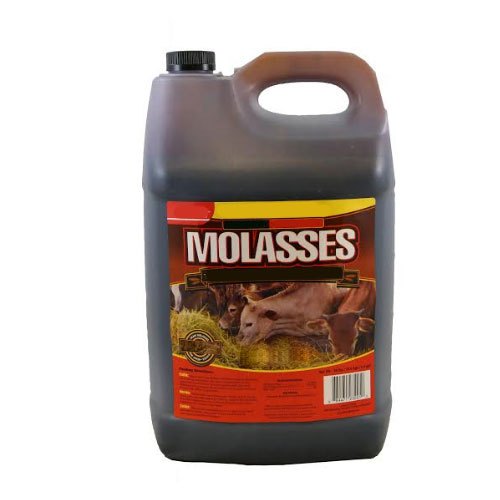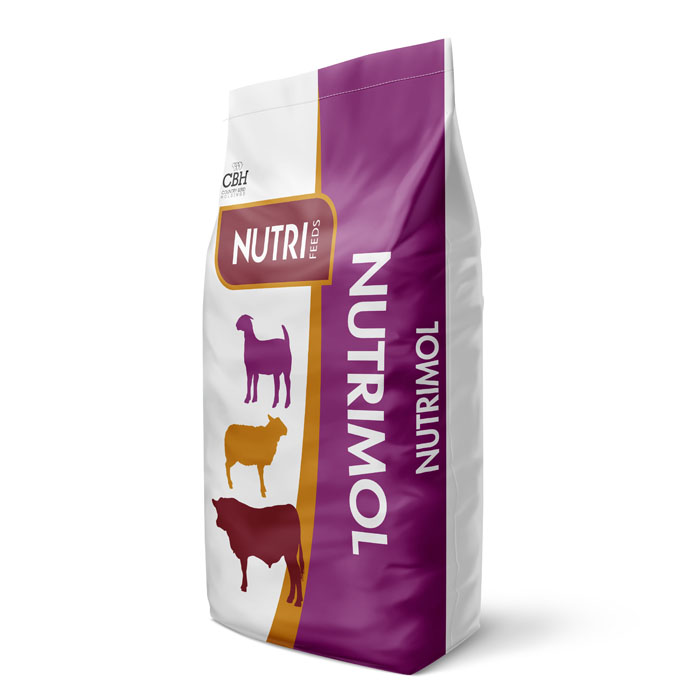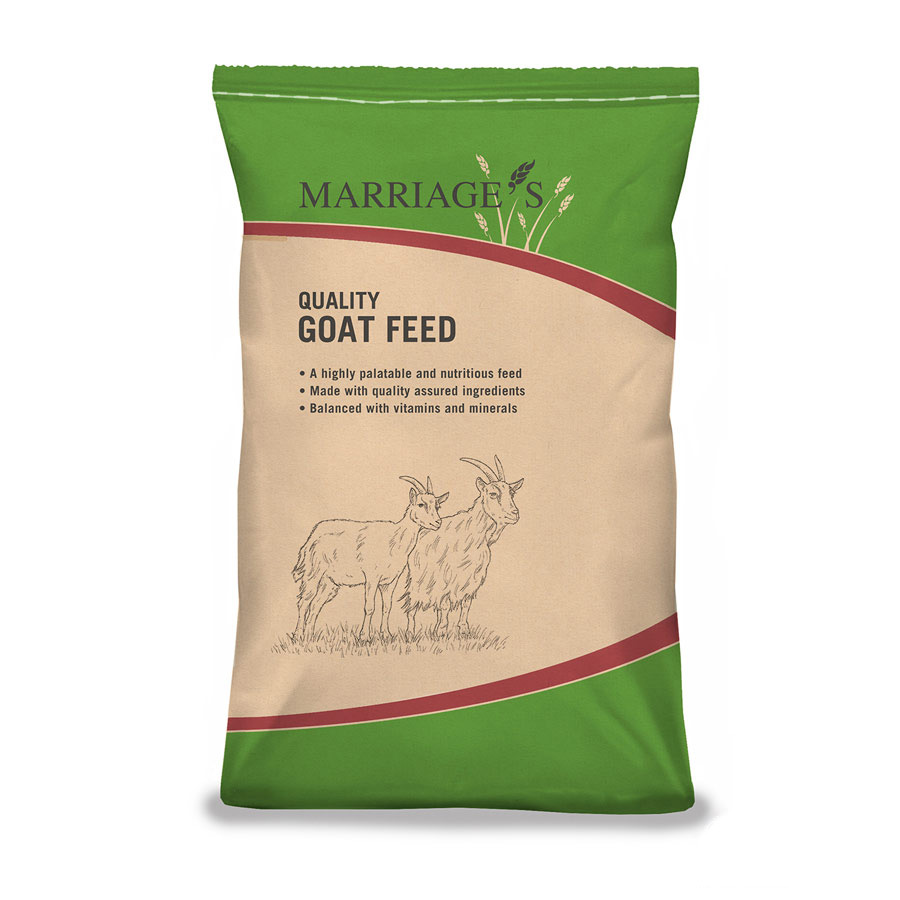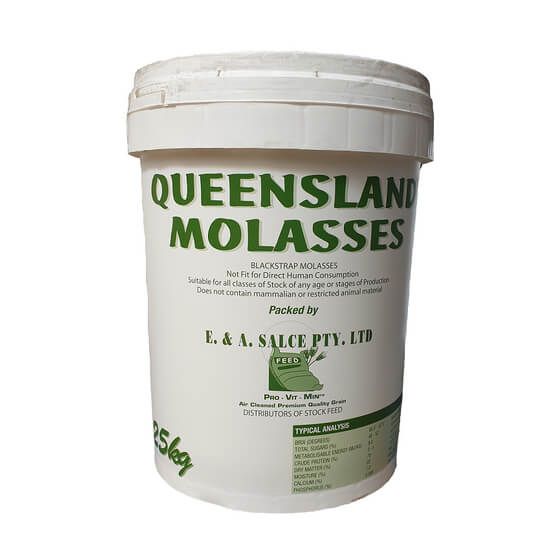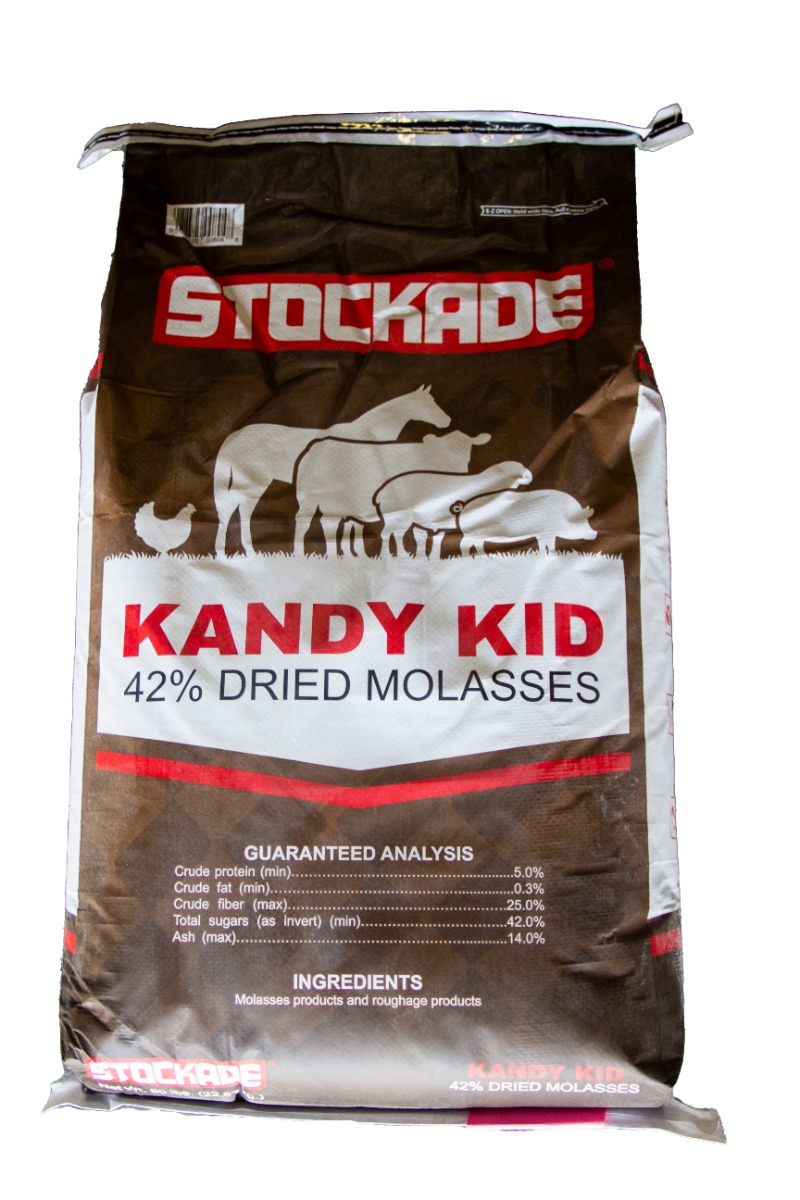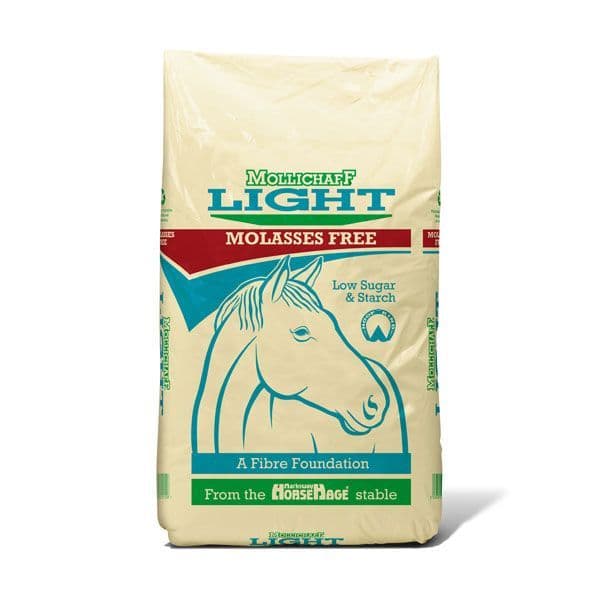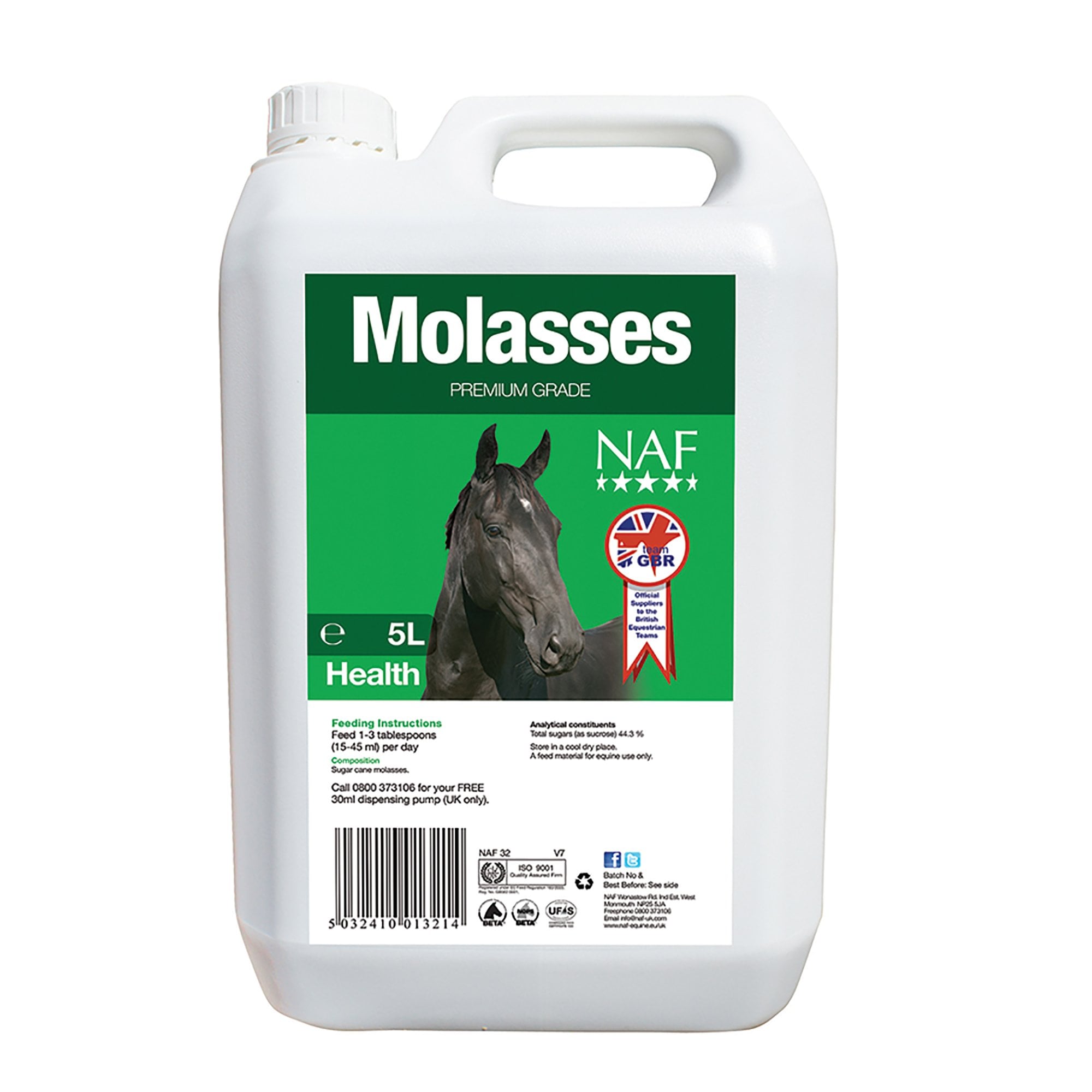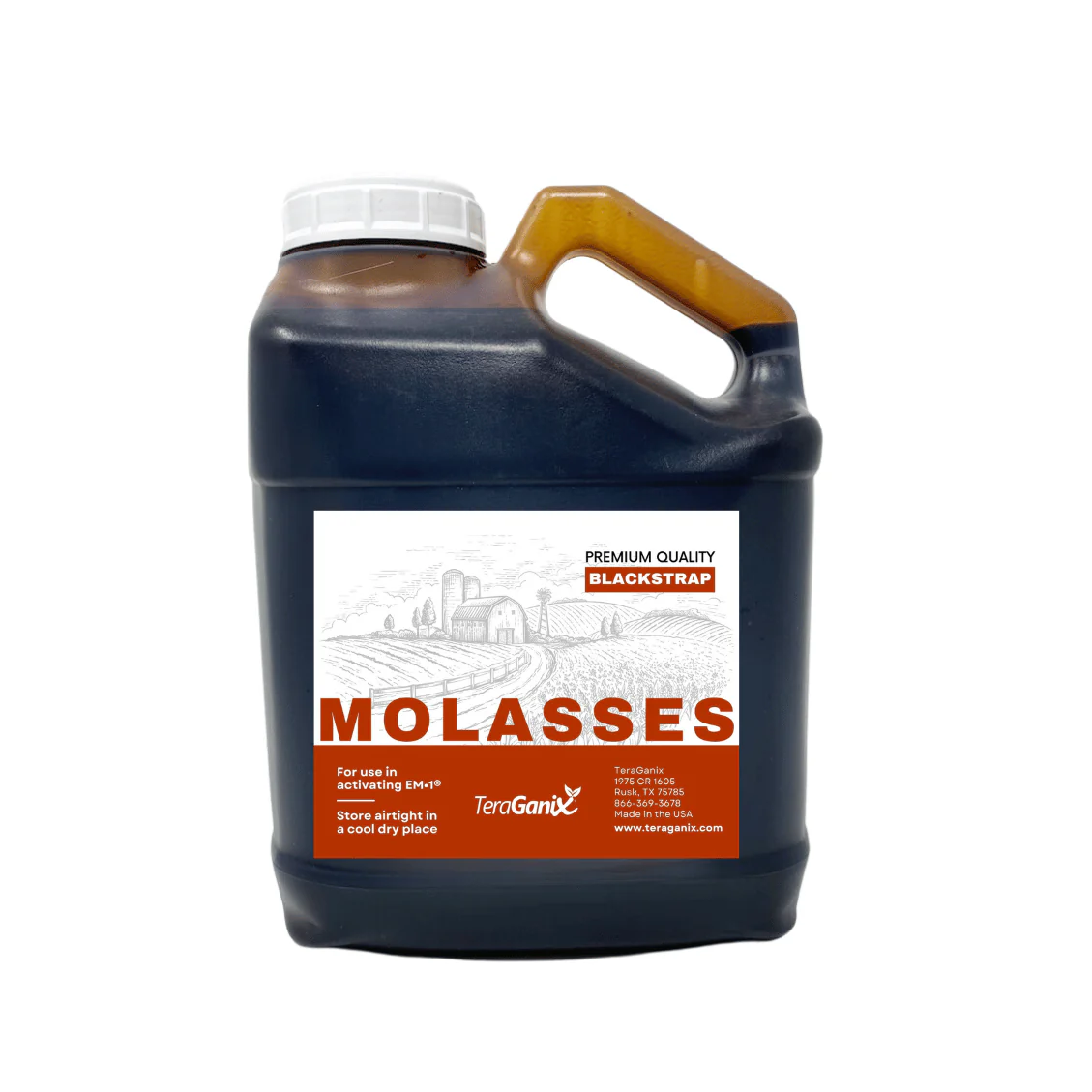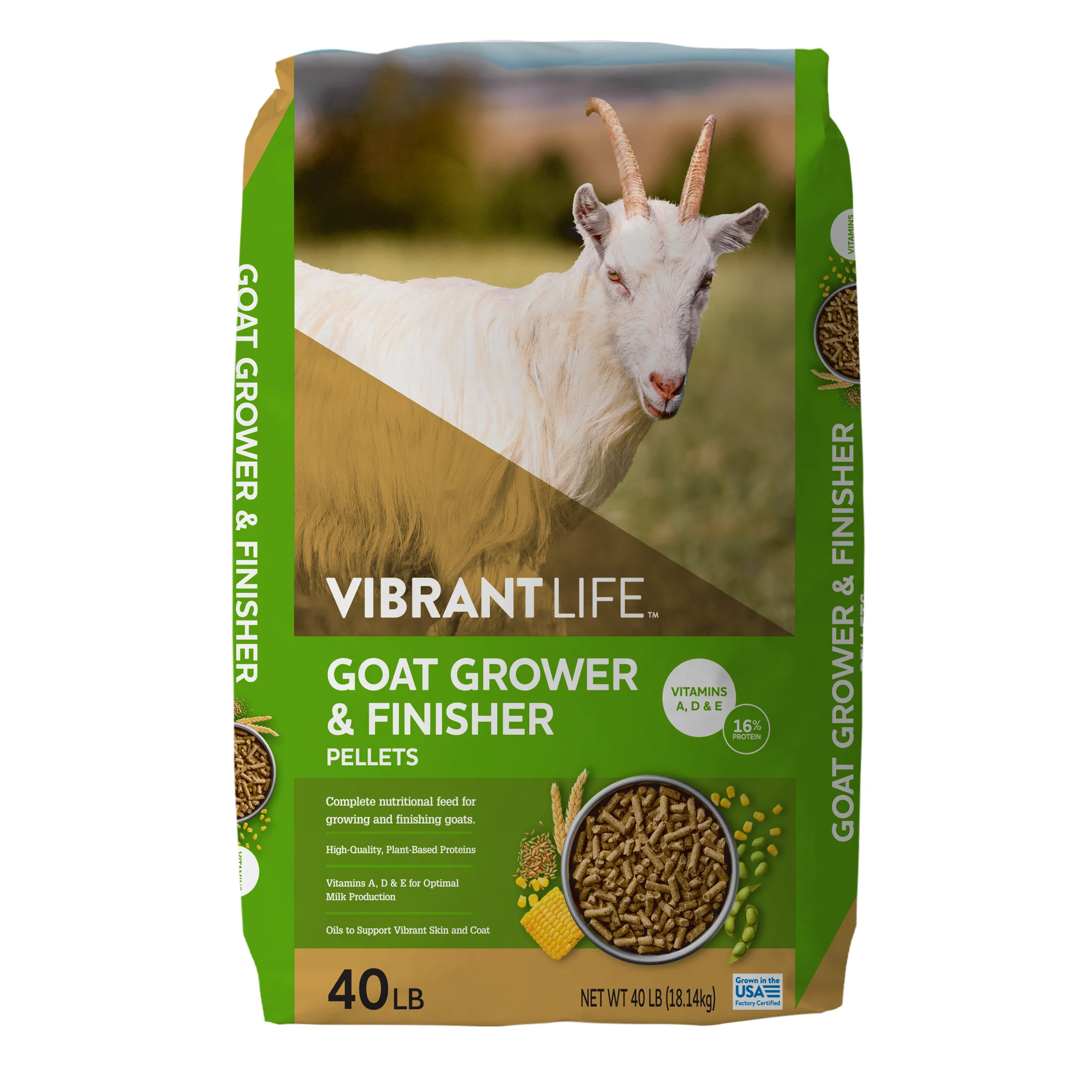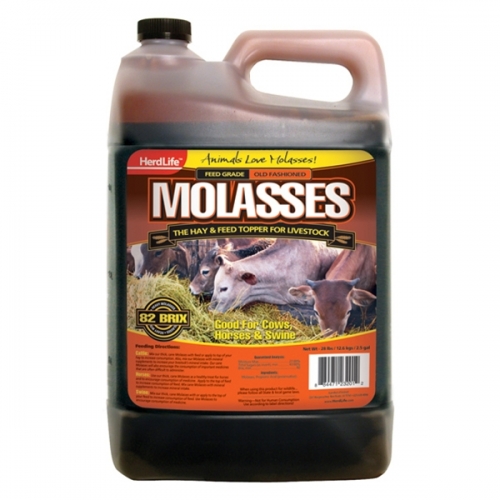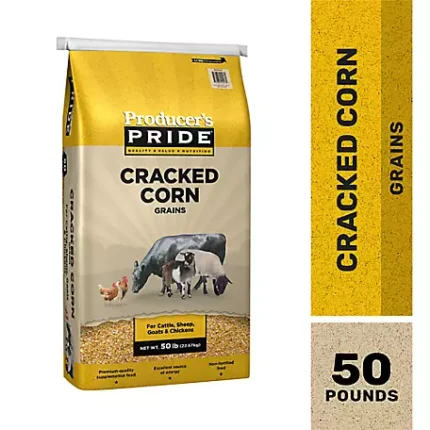Description
Molasses is a thick, dark syrup that is produced during the sugar extraction process from sugarcane or sugar beet. It is a byproduct of refining sugar, where the juice extracted from these plants is boiled down to crystallize the sugar. What remains after the sugar crystals are removed is molasses, a nutrient-rich substance that retains many minerals and vitamins, making it a popular ingredient in various culinary applications and a source of natural sweetness. There are different types of molasses, including light, dark, and blackstrap, each varying in flavor intensity, color, and nutritional content. Light molasses comes from the first boiling of the sugar syrup and has a milder taste, while blackstrap molasses, the result of the third boiling, is robust in flavor and contains the highest concentration of nutrients.
In addition to its culinary uses, molasses is often praised for its health benefits. It is a rich source of iron, calcium, magnesium, and potassium, making it a valuable addition to diets, particularly for individuals seeking alternatives to refined sugars. Many health enthusiasts incorporate molasses into smoothies, baked goods, and marinades not only for its rich, deep flavor but also for its potential to provide energy and support overall health. Furthermore, molasses has a long history of use in traditional medicine, where it has been employed for its purported properties in promoting digestion, improving skin health, and boosting iron levels in the body.
Beyond the kitchen, molasses has found its way into various industrial applications. It is utilized in the production of animal feed, fermentation processes, and even in biofuel production. Its natural sweetness and nutrient profile make it a valuable resource in both food production and alternative energy sectors. Whether enjoyed as a sweetener in recipes or recognized for its diverse applications, molasses continues to be an intriguing and multifaceted substance that reflects both culinary tradition and modern innovation.

